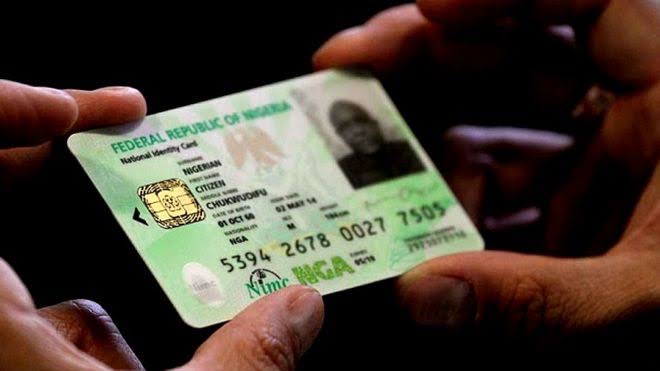The Minister of Communications and Digital Economy, Dr Isa Ali Ibrahim Pantami, recently disclosed that the federal government has begun the process of replacing the Bank Verification Number (BVN) and other national database systems with the National Identity Number (NIN).
the real reasons behind this move.
Aside from BVN, there are other key data systems in Nigeria.
Some of these are the Drivers Licence, issued by the Federal Road Safety Corps (FRSC), the Tax Identification Number (TIN) and the International Passport Number.
Others include professional licences like medical practice licence, pharmacology, nursing licence, teachers’ registration licence and engineering licence, among others.
According to the minister, his office was leading the initiative.
And the key reason for the migration of all databases to NIN is the fact that NIN is backed by law.
He said there is the need to replace BVN with NIN because the BVN is a bank policy but NIN is a law.
Because it has been established by law, the strength of the law everywhere is higher than a policy made by an institution.
The BVN was a policy directive by the Central Bank of Nigeria (CBN) that all customers of commercial banks must be identified through a verifiable number system.
Just like BVN and other data systems, there are limitations: you must be eligible to be captured in one or all these databases, but the NIN is not so, as long as you are a Nigerian or living in Nigeria.





